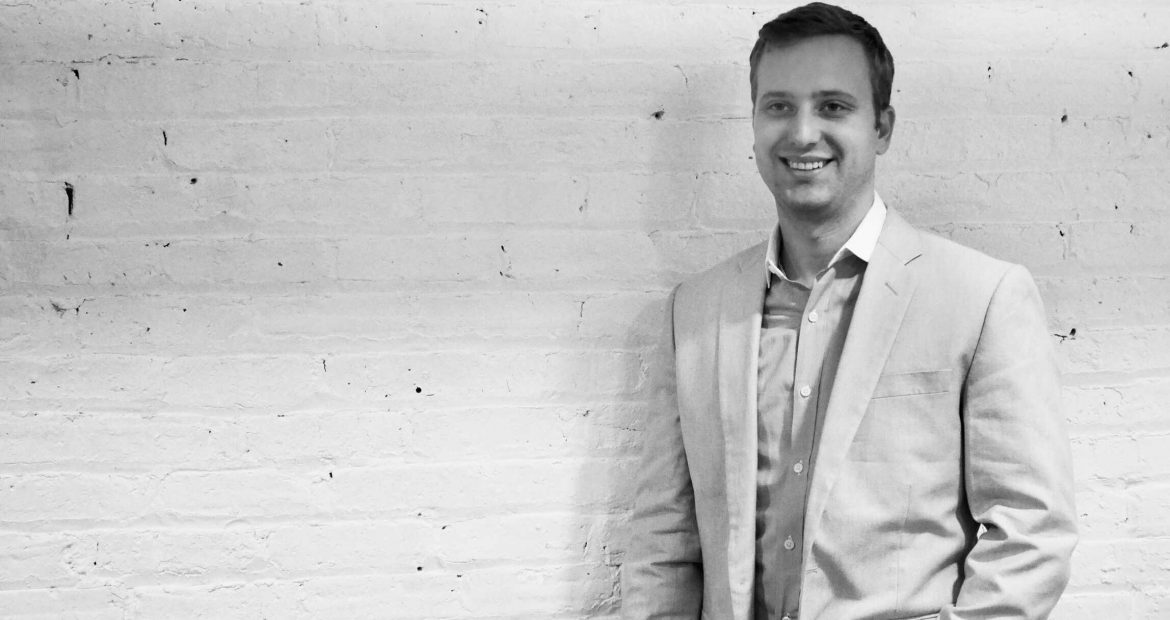The central prayer in Jewish liturgy — “the Amidah” — contains nineteen different prayers. This structural element of Jewish prayer has remained the central theme for Jews across the world since written by the sages around 450 BCE. Lately, I have been thinking especially about refuah, the prayer where we ask hashem for “complete healing” as well as the words of Mi Sheberach, the prayer we recite when we read torah, which also asks for this same “complete healing” for others. Many of you may be thinking of the song by famous reform songwriter Debbie Friedman, which turned this prayer into a beautiful folk melody.
Unfortunately, I am thinking of these prayers because we need healing. Earlier this month, an AEPi Brother died by suicide.
I ask you to join me in praying for a complete healing for his family, his friends, and his Brothers. I am praying for a complete healing for our community and yet, I feel helpless. It is unfathomable that a child would not outlive their parents or that a student with such a bright future would not cross a stage and receive their hard-earned diploma. It is gut wrenching to know that a college student can lose their best friend and it gives me a sinking feeling to know that AEPi Brothers are not immune to the various causes of mortality among people their age. It is uncomfortable to talk about the fact that college students die but we must talk about this. We must do all that we can to save each life.
According to the CDC, suicide is now the second leading cause of death for college age people, trailing “accidental injury” by an uncomfortably narrow margin. Every study that I read, and every leading indicator tells us, that the problem is getting worse and that it may spike due to the lasting mental health impacts of the pandemic related isolation that young people experienced over the past few years. According to the CDC, in 2020 25.5% of adults 18-24 reported having seriously considered suicide in the past month. This is a higher percentage than any other adult age group
A full 47.1% of young adults aged 18 to 25 perceived an unmet need for mental health services (SAMHSA, 2021) and to make all of these statistics even worse from an AEPi perspective, men are four times more likely to die by suicide than their female counterparts and rates for those identifying as white are higher than those within other communities.
The numbers in the studies become all too real for some of our members. Earlier this year I received a phone call from a chapter president who informed me that members of the chapter literally pulled a Brother from a ledge of a parking garage on their campus and were on the way to a hospital with him. They had found a suicide note on his computer and were lucky enough to think of the fact that one of the Brothers had shared location tracking ability with him on the “find my friends” app. They ran across campus and got to him just in time to save his life. They stayed with him in the hospital and ensured that he received acute and ongoing treatment that he needed.
I am not so naïve as to believe that fraternity can solve the mental health crisis single handedly but I can tell you that we are deeply engaged in the issues that impact our members. Study after study shows that fraternity men have better mental health outcomes, stronger relationships, greater access to support systems, and are even more likely to seek therapy or counseling. Statistica reports that in 2021 only 54% of college students said that, “…to some extent student health and well-being was a priority at their college or university.” By contrast, a University of Tennessee research study reported that “fraternity and sorority affiliated students have a higher positive rating of campus support systems.” In essence, being a member of AEPi and participating in our programs has been proven to make an impact on wellness.
Beyond our campus curriculum and programming which provides robust development resources and support systems, AEPi partners with the JED foundation with a program called AEPi Lifeline and with “seize the awkward” campaigns. We also participate in mental health awareness month (this month) and promote chapter-based wellness programs.
I do not ask for help or donations in my Rob Reports. Their purpose is to inform and connect with our readers but this time I am going to break my rule because we need to do even more than just praying for refuah shlema. We can create refuah shlema every day by expanding the reach of our programs. We need to continue to strengthen our chapters and the vital support which they provide to our students. It is clear — based on the data — that this is a growing problem and that AEPi can help.
PERC_Mental-Health-Study-2020.pdf (foundationfe.org)
The Greek Experience Revisited – Final Report.pdf – Google Drive
Student opinion on wellbeing at their college or university U.S. 2022 | Statista
